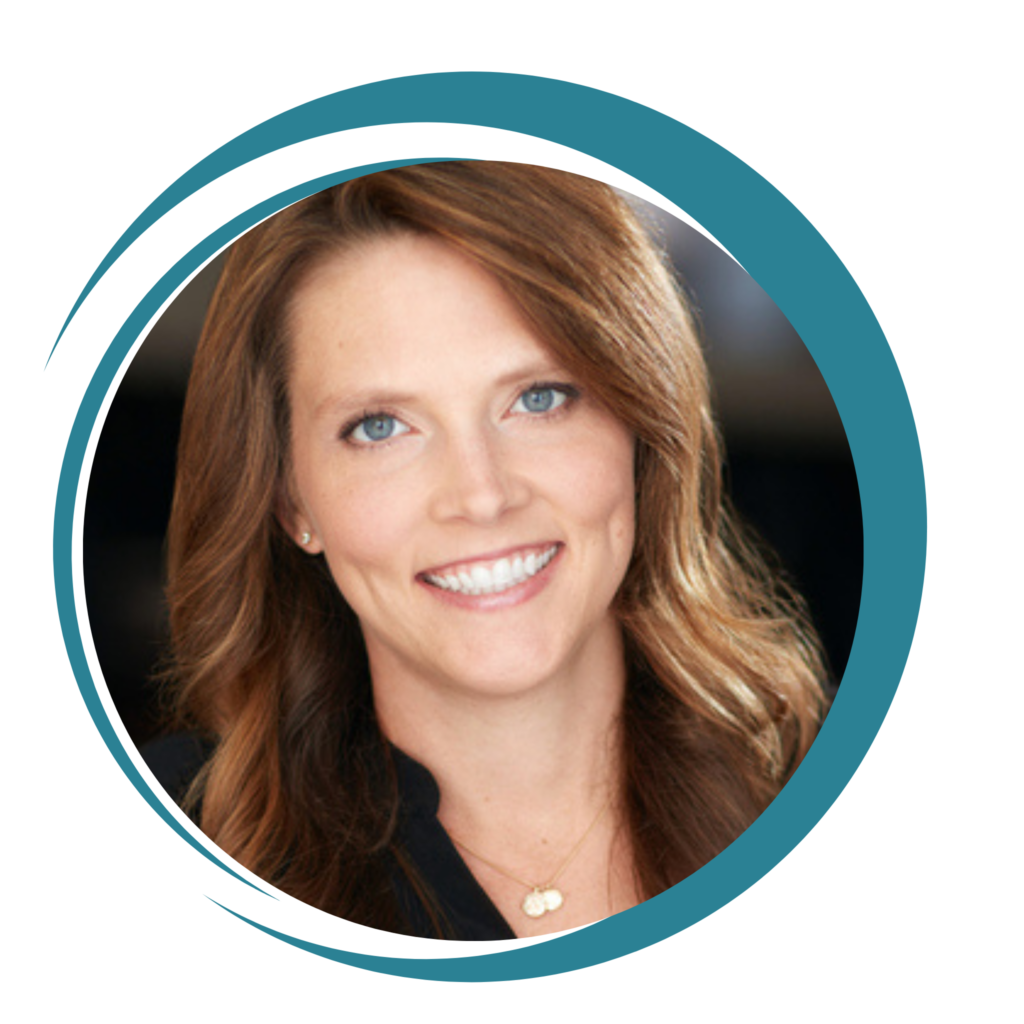Is My Child Being Bad or Just Having a Hard Time
When referring to a child’s behavior, in our culture, we often say, “They are such a good kid.” Which sounds nice but it also insinuates that there are bad kids. Maybe you were thinking, “Yes there are bad kids, I can think of a few.” I guess I wonder when did they go from being good to being bad? Were they a bad baby? Something is missing from this line of thinking. What happened or what is happening with the child for them to be acting out? What is the child possibly struggling with that is causing their difficult behavior?

When and where I grew up, there was a lot of talk about kids being spoiled, ungrateful, brats, entitled, selfish, and self-centered or being “good.” When I became a parent, I had a view of what I wanted my child’s behavior to be, I of course did not want to have a spoiled brat, ungrateful, entitled, selfish, or self-centered child. I wanted to have “good” kids.
When Challenging Behavior Triggers Parental Fear
When my children were toddlers and they started saying no and having meltdowns I started to fear that my kids were being “bad.” I also feared others would see my kids as being “bad.” Being in burnout I was easily triggered into black-and-white thinking. If my child was struggling, I feared this would become a long-term pattern of behavior. I feared they were spoiled, ungrateful, and disrespectful. These thoughts were not helpful. It was like taking difficult moments and pouring kerosene on the fire. The fearful thoughts would run the show, and my response to my kids would become increasingly rigid, punitive, and harsh. My response was essentially, I have to extinguish this behavior before it gets out of control. My kids would either comply out of fear, or their behavior would get worse. Neither was OK with me.
Moving Beyond Reactive Parenting
Over time and with practice I began to become more mindful of this fear-based thinking, so I could slow down my automatic, rigid response. First, I believe wholeheartedly there are no bad kids. There are definitely kids that have difficult and challenging behaviors. There are also kids that are struggling with stuff in their emotional backpack.

When my fear started talking, I had to remind myself it’s normal for kids to have hard days. My kids will have a hard time listening, following directions and have more challenging behavior on those days. These are the days they need loving limits more than ever. They are struggling.
I would also remind myself, that these are all normal things kids do. I too have hard days and my behavior and attitude is less than ideal, especially for those closest to me.
Self-Awareness to Break Reactive Parenting Cycles
The second response to fear was curiosity, first even recognizing the pattern. My kids are struggling and having difficult behaviors, I get reactive and rigid. My emotions were running high. Asking myself, “What’s happening inside of me that my child’s behavior is so triggering” became an essential question. With the help of mindfulness and working with my parenting coach I began to be able to identify my fear in these moments and see more clearly how my fear was fueling my big reactions.
Once I realized I was afraid, I could also practice offering compassion to my fear. Offering myself compassion sounded something like this, “It’s understandable I want my kids to behave in ways that are deemed acceptable by society. It’s understandable that I would be afraid for their future and feel very responsible to get them to behave.”
I continued to unpack my fears with my parenting coach and therapist.
Over time I became less and less hijacked by the fear which made it easier to avoid getting reactive. I slowed everything down so I could respond rather than react when my kids were struggling.
Parenting Thought for The Day
Noticing our emotional response on a scale of 1 to 10 is a helpful tool to figure out if we are triggered or hijacked by big emotions. You might ask yourself, “Is my reaction proportionate to what’s happening? If my child pushes their food away at the table and I am outraged and want to yell and come across the table at them. That’s a good indication I’m at a 10 out of 10. I am triggered and there must be a good reason.
I probably don’t want to interact with my child from this place so I’m going to pause, remove myself, and get curious about what’s happening with me. What possible feelings are fueling my outrage?
You got this! I’m curious to hear what you learn about yourself as you get to know your fears.

~Michelle
Michelle Puster M.Ed.
Mindfulness Informed Professional
Helping burned out parents find inner calm and compassion
440 Cobia Drive Suite 1301
Katy, TX 77494
832.361.1547
